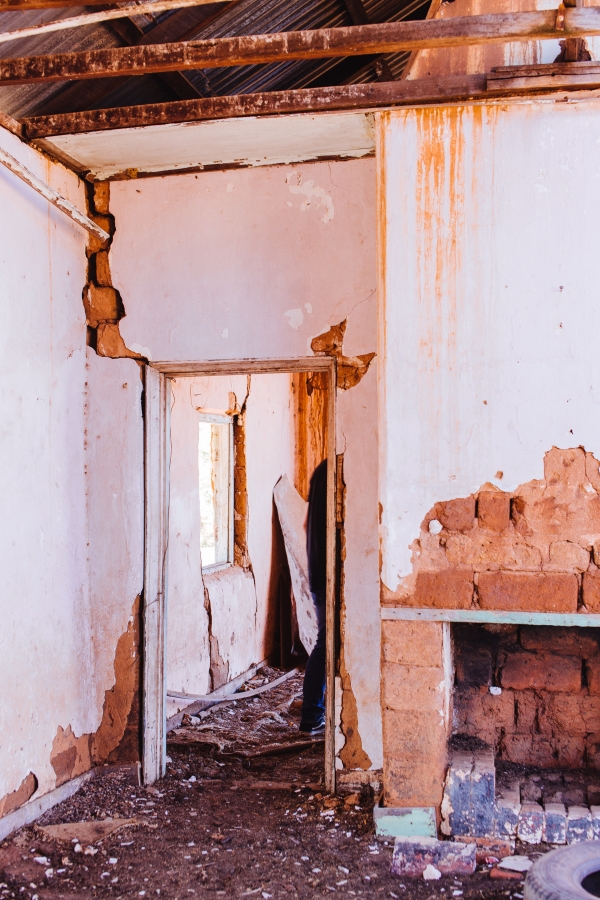The ongoing conflict in Sudan between the Sudan Armed Forces (SAF) and the Rapid Support Forces (RSF) resulted in the use of explosive weapons with wide-area effects in urban areas, causing loss of civilian lives and serious damage to medical facilities and essential infrastructures. Tanks, artillery, rockets, air-delivered munitions, are often too inaccurate or have too wide a range to be used in populated areas without causing unlawful indiscriminate damage. The number of civilian casualties is already quite high, as on May 2 the UN reported that at least 530 people had been killed and 4,600 injured.
The uncontrolled use of explosive weapons and the proximity of civilians to military objectives force people to choose between staying at home and risk having their house bombed, or taking a chance and leaving to a safer place, while still running the risk of being caught in crossfire. A woman who lives in a densely populated area in Khartoum claimed that the RSF deployed in front of her house, camped inside her building, and positioned an anti-aircraft cannon just outside her window, firing each time there was a plane. Another witness reported that a bomb struck her home, shattering the walls and killing her two-year-old niece, as well as a father told about how a bomb exploded inside his home while his wife and their two children were inside.
Civilians’ property and critical infrastructures are also severely damaged by the use of explosive weapons, starting with the hospitals and all the medical facilities which have had to close. As reported on May 2, 16 hospitals had been hit by the attacks, 57 were not functioning due to lack of medical supplies, electricity, and medical staff, and 19 had been forced to evacuate all patients and staff. Another significant issue is the attack on water systems and power plants, infrastructures that are considered “dual use”, meaning that benefit both the military forces and civilians. The combined lack of water and electricity and the impossibility of the repair teams to access the places due to security concerns is having a devastating impact on civilians forced to take shelter in their homes.
International actors, such as the UN Security Council or the AU Peace and Security Council, are being called upon to find a solution. Amongst other things, they are being asked to impose an arms embargo and prevent the transfer of materials to the warring parties. But a key role must also be played by Sudan's neighboring countries (Egypt, Chad, Ethiopia and the Central African Republic), which should process asylum claims quickly and impartially and allow unhindered humanitarian access across Sudan's borders.
To read more, please visit:
https://www.hrw.org/news/2023/05/04/sudan-explosive-weapons-harming-civilians
https://www.msf.org/severe-medical-needs-persist-amidst-conflict-sudan
by Chiara Cacciatore




